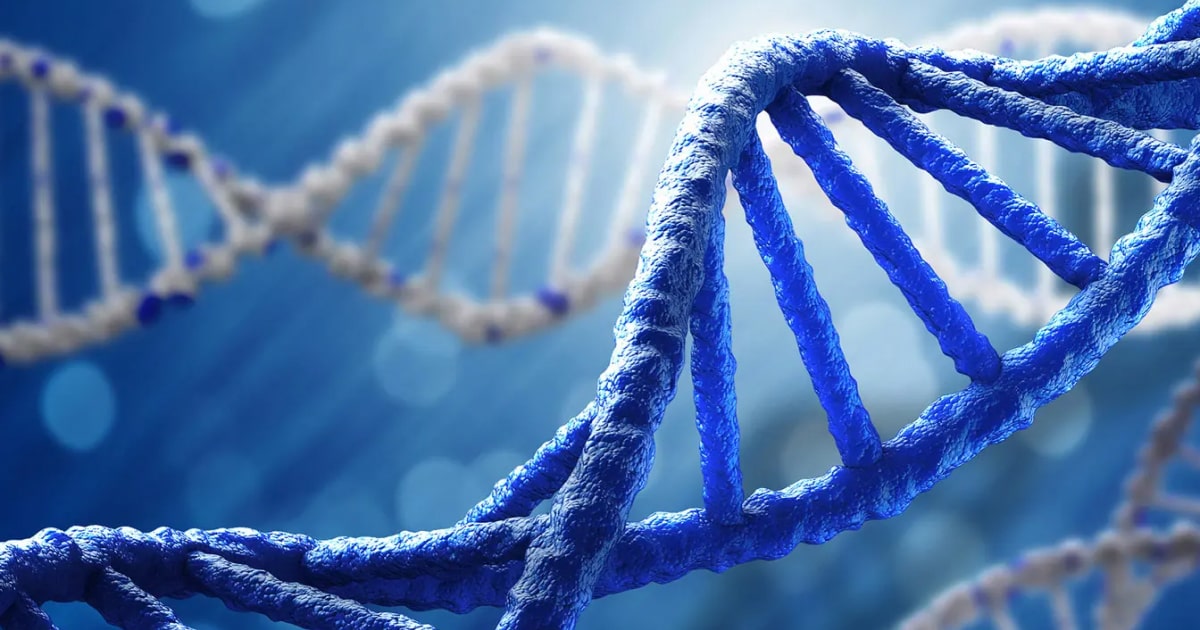
Expert Reviewed By: Dr. Brandon Colby MD
Understanding Non-Small Cell Lung Cancer (NSCLC)
Non-small cell lung cancer (NSCLC) is the most common type of lung cancer, accounting for approximately 85% of all cases. This cancer is characterized by uncontrolled growth of cells in the lung tissues, which can eventually spread to other parts of the body. The three main subtypes of NSCLC are adenocarcinoma, squamous cell carcinoma, and large cell carcinoma.
Resistance to Tyrosine Kinase Inhibitors (TKIs) in NSCLC
Tyrosine kinase inhibitors (TKIs) are a class of targeted therapies that have revolutionized the treatment of NSCLC. They work by blocking the activity of specific proteins called tyrosine kinases, which are involved in cell growth and division. In particular, TKIs have been proven effective in treating NSCLC patients with epidermal growth factor receptor (EGFR) mutations. However, despite initial success, many patients eventually develop resistance to these drugs, leading to treatment failure and disease progression.
Diagnosing Resistance to TKIs in NSCLC
Understanding the underlying mechanisms of resistance to TKIs is crucial for developing new therapeutic strategies and improving patient outcomes. Recent studies have shed light on some of these mechanisms, providing valuable insights for clinicians and researchers.
Enhanced Sensitivity of NSCLC with Acquired Resistance to EGFR-TKIs to Phenformin
This study suggests that phenformin, an OXPHOS inhibitor, could be a new therapeutic option for NSCLC with acquired EGFR-TKI resistance. By targeting the cellular energy metabolism, phenformin may help overcome the resistance and improve treatment efficacy.
Loss of EGFR Mutation Expression Induced by NF1 Mutation in NSCLC
This case study describes a novel non-canonical pathway leading to treatment resistance in NSCLC due to NF1 mutation. The loss of EGFR mutation expression caused by NF1 mutation can result in resistance to EGFR-TKIs, highlighting the importance of comprehensive genetic testing to guide treatment decisions.
Cell-free DNA in the Supernatant of Pleural Effusion for Detecting Driver and Resistance Mutations
Cell-free DNA (cfDNA) in pleural effusion, a common complication of NSCLC, can accurately detect driver mutations and resistance mechanisms like EGFR T790M. This non-invasive approach can help guide treatment decisions, allowing for more personalized and effective therapies.
Acquired Resistance to EGFR-TKIs Mediated by Reactivation of STC2/JUN/AXL Signaling in Lung Cancer
This research indicates that STC2 overexpression contributes to acquired resistance to EGFR-TKIs. Targeting the STC2-JUN-AXL-ERK signaling pathway could potentially overcome this resistance, offering new therapeutic avenues for patients with NSCLC.
Using Genetic Testing for NSCLC and TKI Resistance
Genetic testing plays a pivotal role in diagnosing and managing NSCLC, particularly in the context of TKI resistance. By identifying specific mutations and resistance mechanisms, genetic testing can help guide treatment decisions and inform the development of new therapeutic strategies. Some of the uses of genetic testing for NSCLC and TKI resistance include:
Identifying EGFR Mutations
EGFR mutations are present in approximately 10-15% of NSCLC cases and are associated with a better response to TKIs. Genetic testing can help identify patients with these mutations, allowing for more targeted and effective treatments.
Detecting Resistance Mechanisms
As patients develop resistance to TKIs, understanding the underlying mechanisms is crucial for adjusting treatment plans. Genetic testing can reveal specific resistance mutations, such as T790M or NF1, guiding the selection of alternative therapies.
Monitoring Treatment Response
Genetic testing can be used to monitor the response to treatment and detect the emergence of resistance. For example, measuring cfDNA in pleural effusion can provide real-time information on the presence of driver and resistance mutations, allowing for timely adjustments to treatment strategies.
In conclusion, understanding and diagnosing resistance to tyrosine kinase inhibitors in non-small cell lung cancer is essential for improving patient outcomes. Genetic testing plays a crucial role in this process, helping to guide treatment decisions and inform the development of new therapeutic strategies.
About The Expert Reviewer
Dr. Brandon Colby MD is a US physician specializing in the personalized prevention of disease through the use of genomic technologies. He’s an expert in genetic testing, genetic analysis, and precision medicine. Dr. Colby is also the Founder of and the author of Outsmart Your Genes.
Dr. Colby holds an MD from the Mount Sinai School of Medicine, an MBA from Stanford University’s Graduate School of Business, and a degree in Genetics with Honors from the University of Michigan. He is an Affiliate Specialist of the American College of Medical Genetics and Genomics (ACMG), an Associate of the American College of Preventive Medicine (ACPM), and a member of the National Society of Genetic Counselors (NSGC)